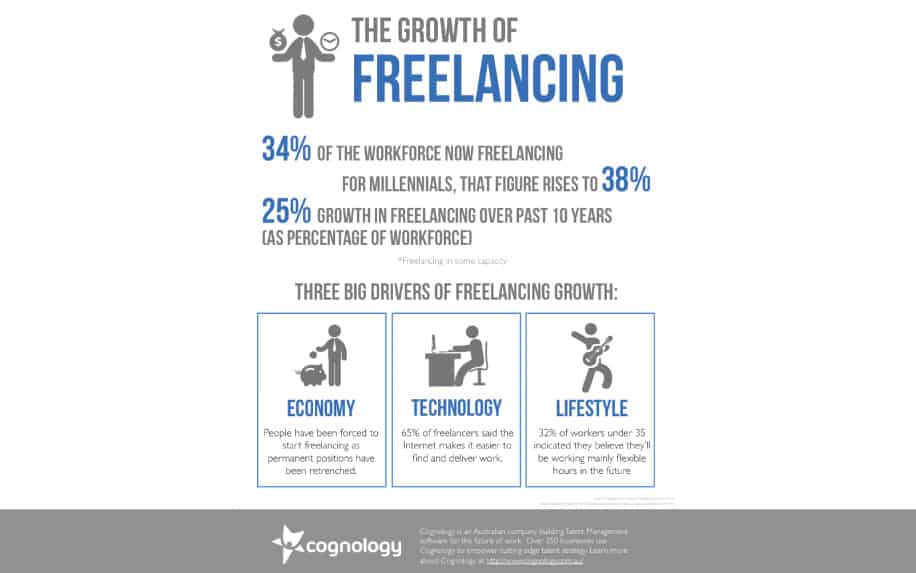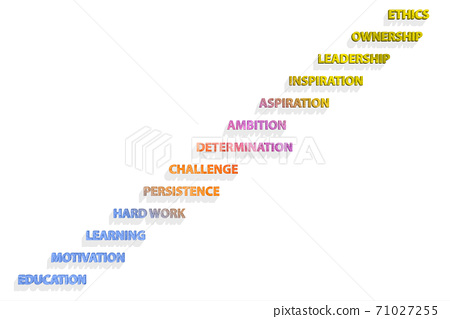
There are many steps involved with career planning. These steps include gathering career information, setting objectives, and self assessment. These are just a few of the steps involved in the planning phase. Now you are ready for the next step, identifying your career objectives. Consider your interests, skills, abilities, and strengths. Your career goals should be concrete, determined, and worthy.
Career information gathering
Multiple sources are available to help you find career information. You can find information from the Internet, libraries and trade associations. However, there is no single database that provides comprehensive information on all careers. To find a suitable job, you may have to search for listings by discipline or field and use keywords to narrow down the search. A word-of-mouth referral may lead to an entry-level position within a specific field.
It is important to gather as much information about your career as possible. The federal government lists more 31,000 career options. However, most students admit to having limited knowledge of these options. It is important to learn about all possible fields so that you can choose the one that best suits your needs. Information about career choices can be gathered through computerized assessment tools like MyPlan or publications about careers. You may also get suggestions from your friends.

Goal setting
A goal setting process is a key part of career planning. Setting goals is important because it gives you a framework to follow as you work towards your career objectives. The feeling of reaching your goals is good. It makes you happier. Without a plan, it is possible to feel stuck. You can break the rut by writing down your goals, and then setting milestones.
A goal-setting tool helps you to determine your goals and plan the steps necessary to get them accomplished. If you do not have a specific goal, you can start by identifying your interests. Take public speaking classes if you are a fan of public speakers. Programming is a great way to learn if you want to become a data analyst. You will be able to easily measure your progress if you make clear and unambiguous goals.
Career progression
It can help an organization recruit, retain and grow its best people by establishing and implementing a comprehensive progression plan. It also facilitates the process of performance management, as it ensures that everyone within a certain career level is evaluated based on the same standards. This eliminates the possibility of favoritism. It also increases employee satisfaction. You can read the following to learn how you can implement a career advancement framework in your company.
Consider the reasons for your career progression plan when deciding on your career path. Do you want to be motivated by a sense o purpose or simply move up in the company? To determine your goals, it is important to identify your purpose and what your skills and experiences are. Without a purpose, you may be treading water and not realising that you need to develop. Without a goal or plan, you won't be able to tread water and will actively seek out development.

Self-assessment
Doing a self evaluation is the first step to career exploration. Your self-assessment results can help you decide what career path is most suitable for your interests and personality. The self-assessment can also reveal if you are the right person for the job. Although self-assessment does not guarantee you will find your dream job, it can help you make a decision about which career path you want to pursue.
Your strengths and your weaknesses are key components of a self-assessment. Highlight your strengths and areas for improvement, and point out the areas that need work. You will demonstrate to your employer that this is something you are willing to do. Once you've completed the self-assessment, it is time to start planning how to implement your findings and move forward.